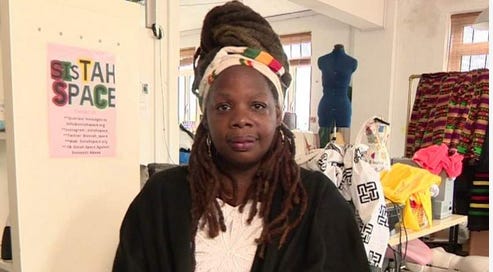You may have gone to bed last night with a vague awareness that someone connected to the British Royal Family had asked a black woman where she’s “really” from at a charity event.
To most sensible people of every background, an incident of this nature is, at worst, a mildly unpleasant misunderstanding. On learning the questioner is 83 years old and has …
Keep reading with a 7-day free trial
Subscribe to Konstantin Kisin to keep reading this post and get 7 days of free access to the full post archives.



